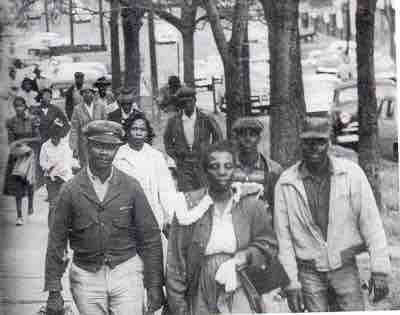Union Boycotts: Supporting Strikers
Union boycotts, or secondary action, is industrial action by a trade union in support of a strike initiated by workers in another, separate enterprise .

Union Boycotts
Also known as secondary action, is industrial action by a trade union in support of a strike initiated by workers in another, separate enterprise.
The term "secondary action" is intended to be distinct from a trade dispute with a worker's direct employer, and so may be used to refer to a dispute with the employer's parent company, its suppliers, financiers, contracting parties, or any other employer in another industry.
Going on Strike: Legal Limits
In most countries there are limits on the purpose for which people can go on strike, and in many English-speaking nations restrictions have been placed on which organisations trade unions may strike against. In the U.S. and U.K., workers can typically strike against their direct employer only.
In continental Europe, secondary action is generally lawful and the right to strike is seen as a part of a broader political freedom. Secondary action is illegal in the United States. It is banned by the Sherman Antitrust Act and by the Taft-Hartley Act, which amends the Wagner Act of 1935.
Because farm laborers in the United States are not covered by the Wagner Act, the United Farm Workers' (UFW) union has been able to legally use secondary boycotting of grocery store chains as an aid to their strikes against California agribusinesses and to their primary boycotts of California grapes, lettuce, and wine. The UFW's secondary boycotts involved asking consumers to stop shopping at a grocery store chain until such time as the chain stopped carrying the boycotted grapes, lettuce, or wine.